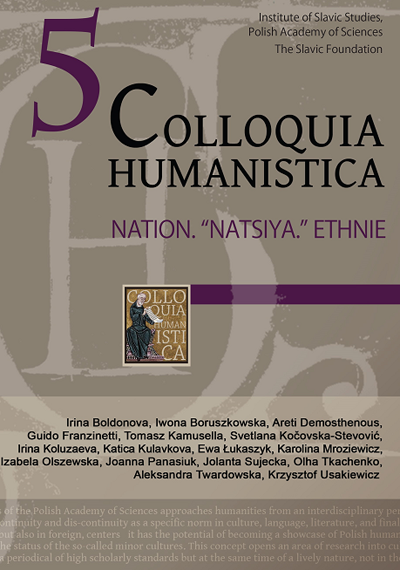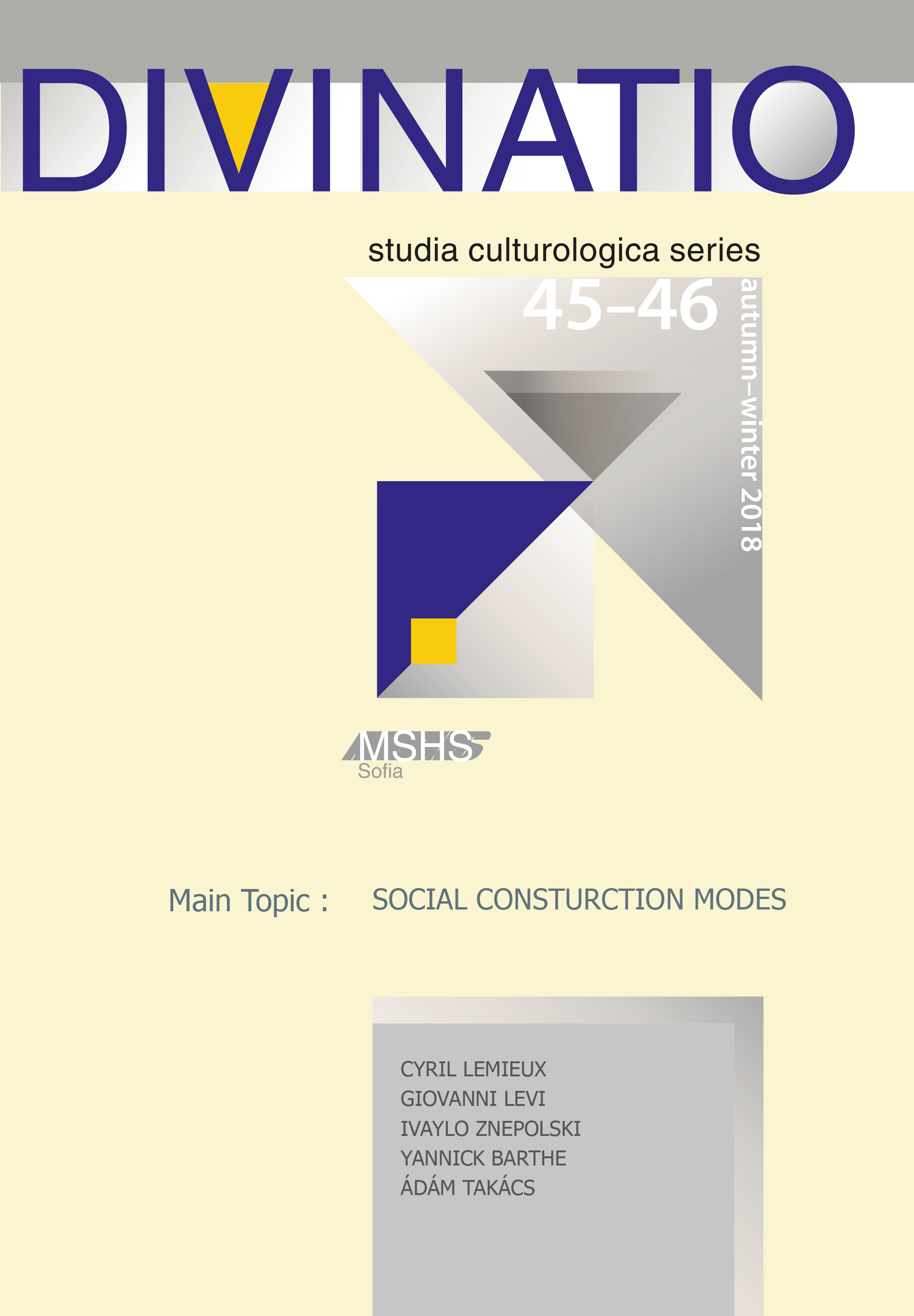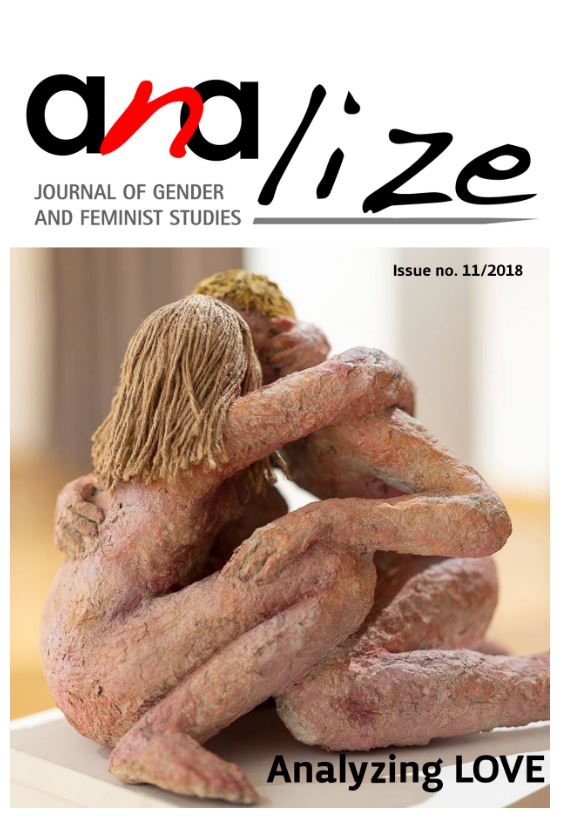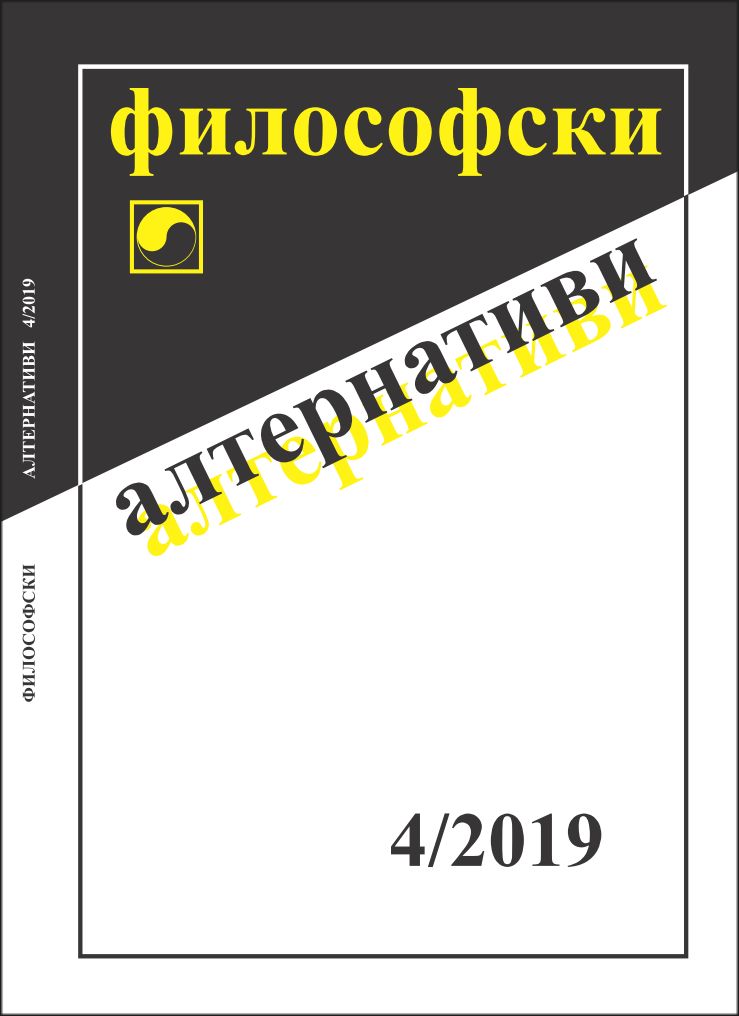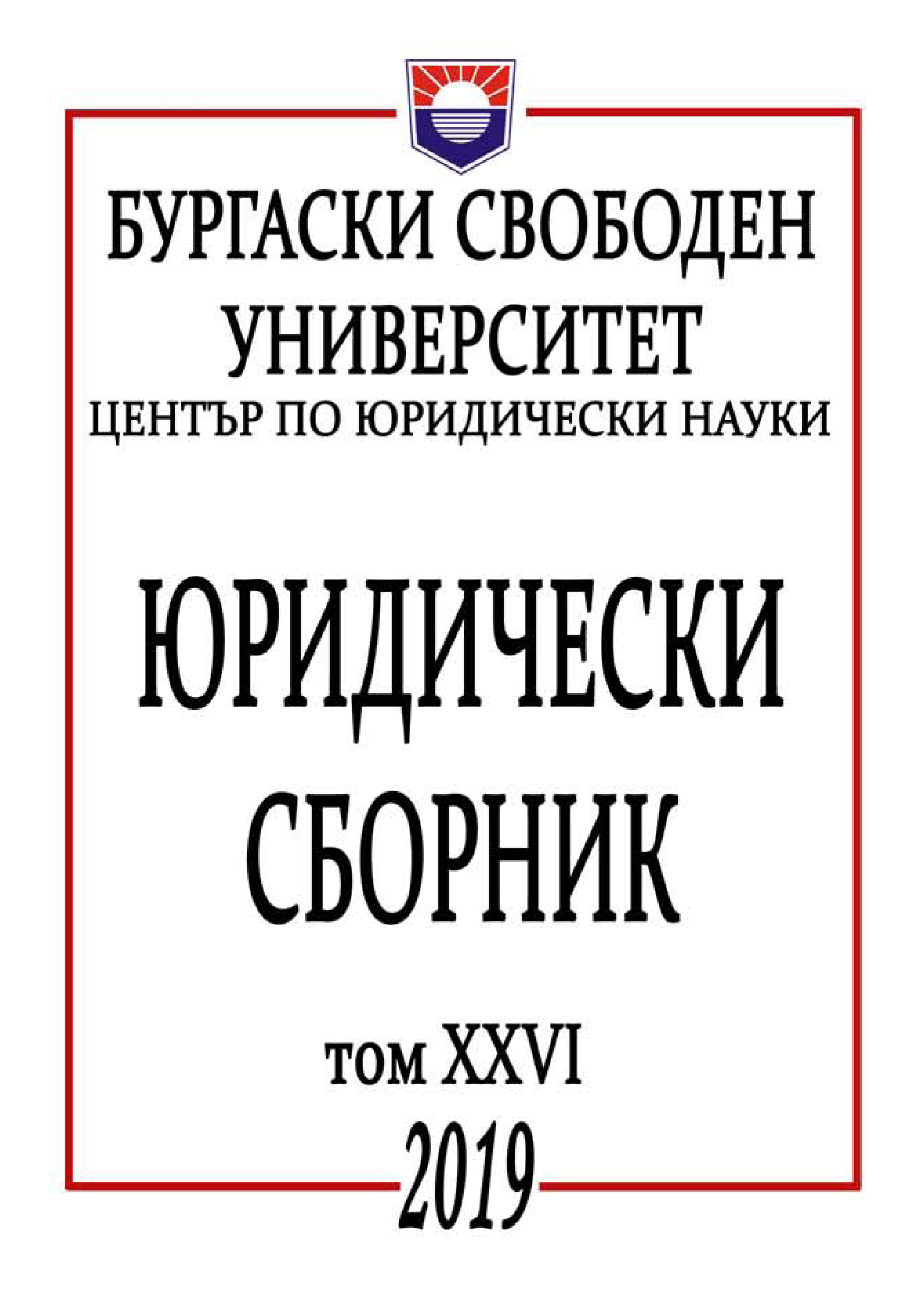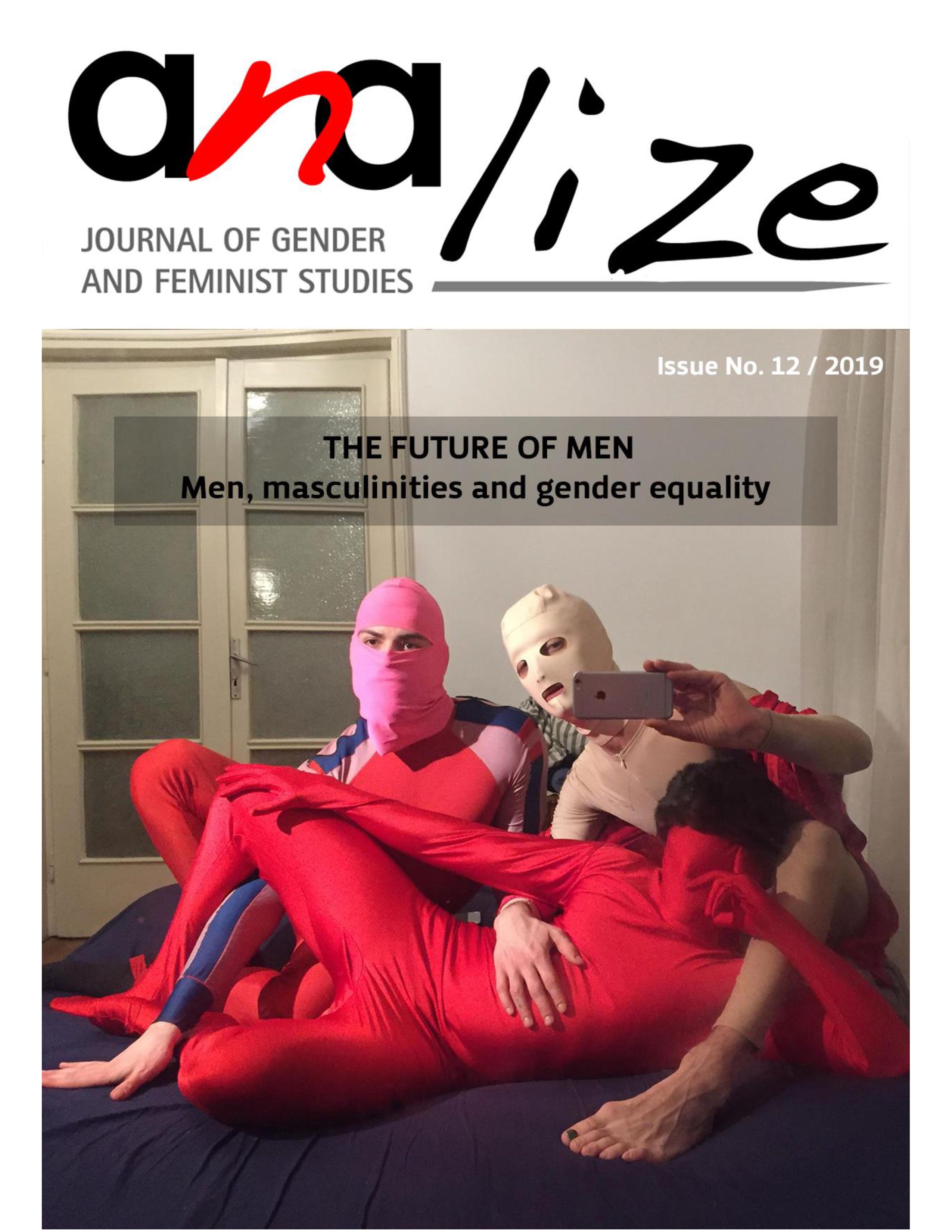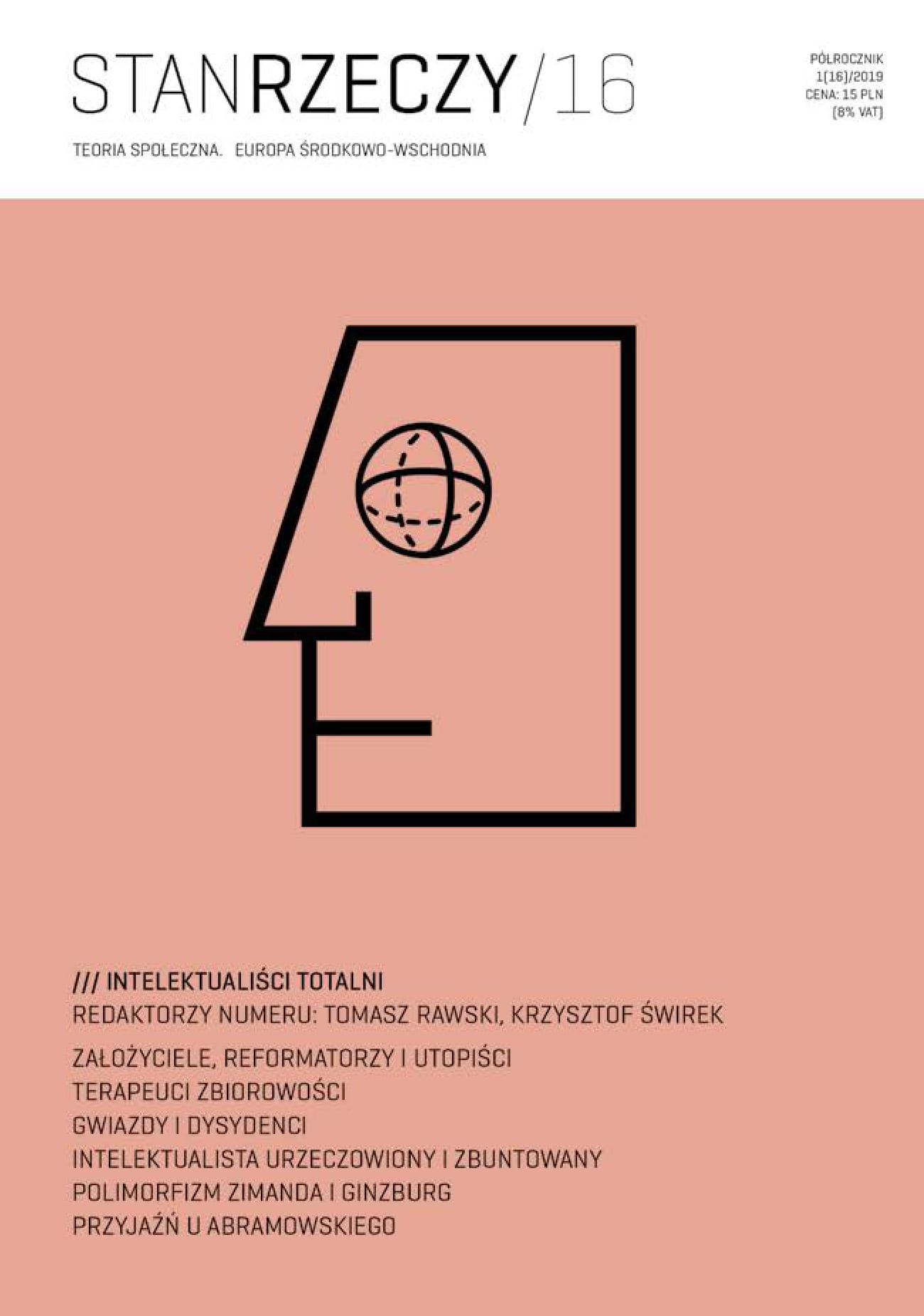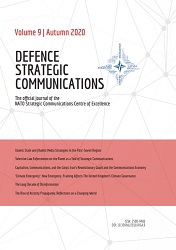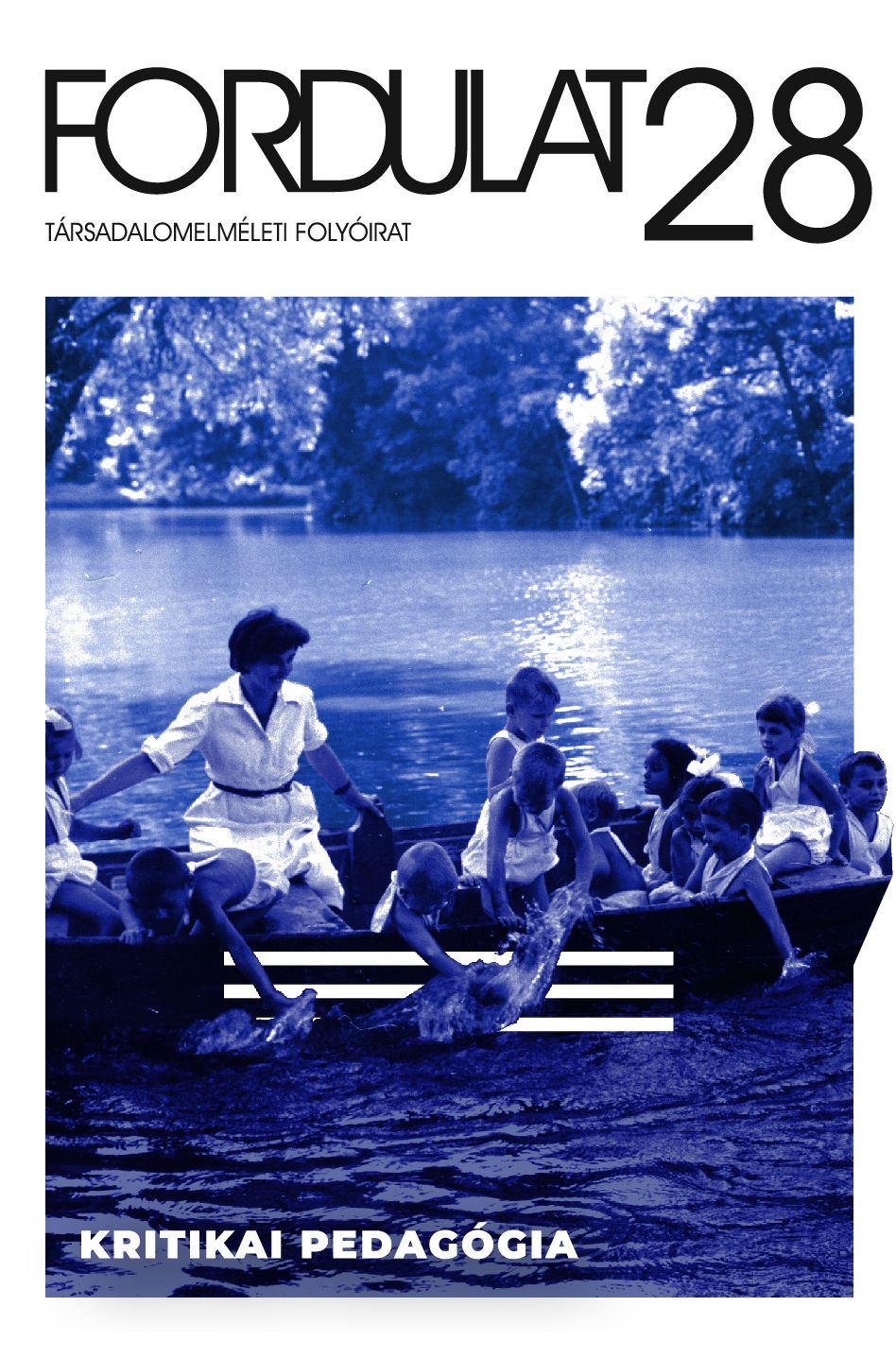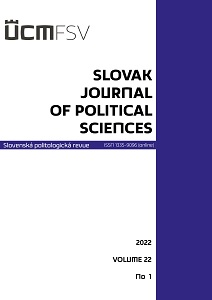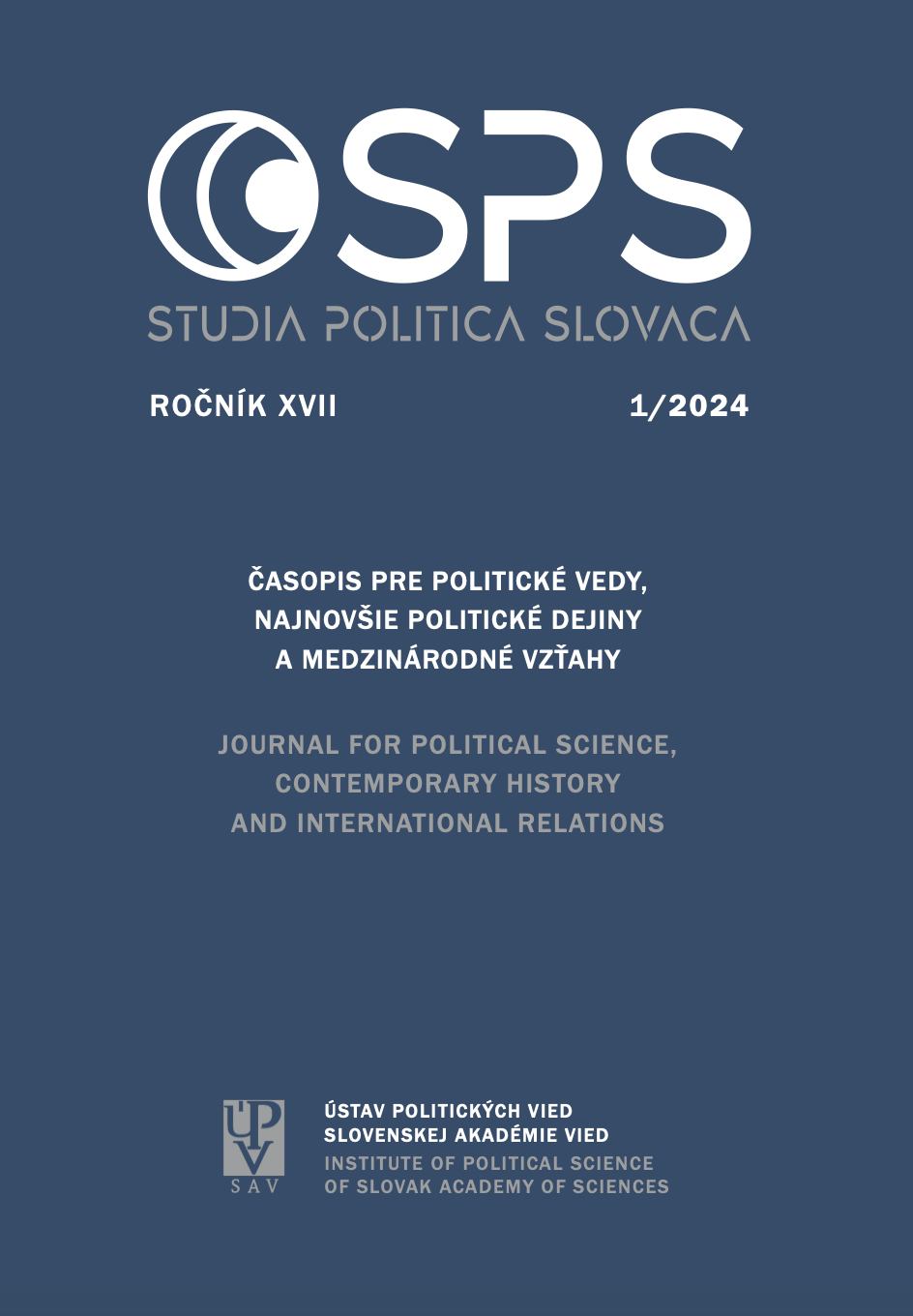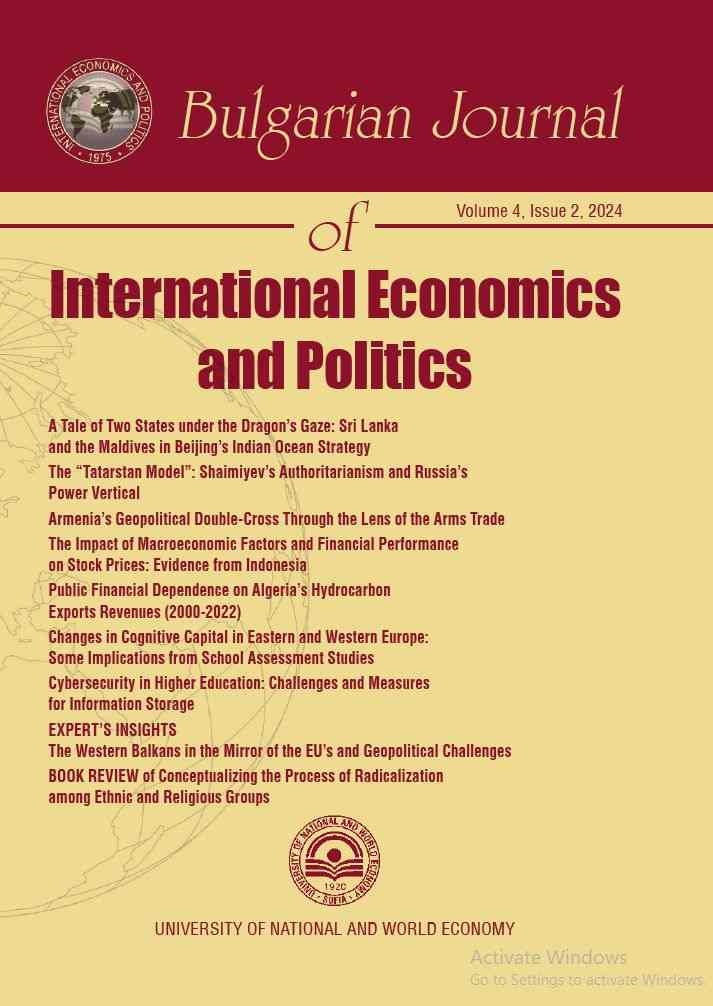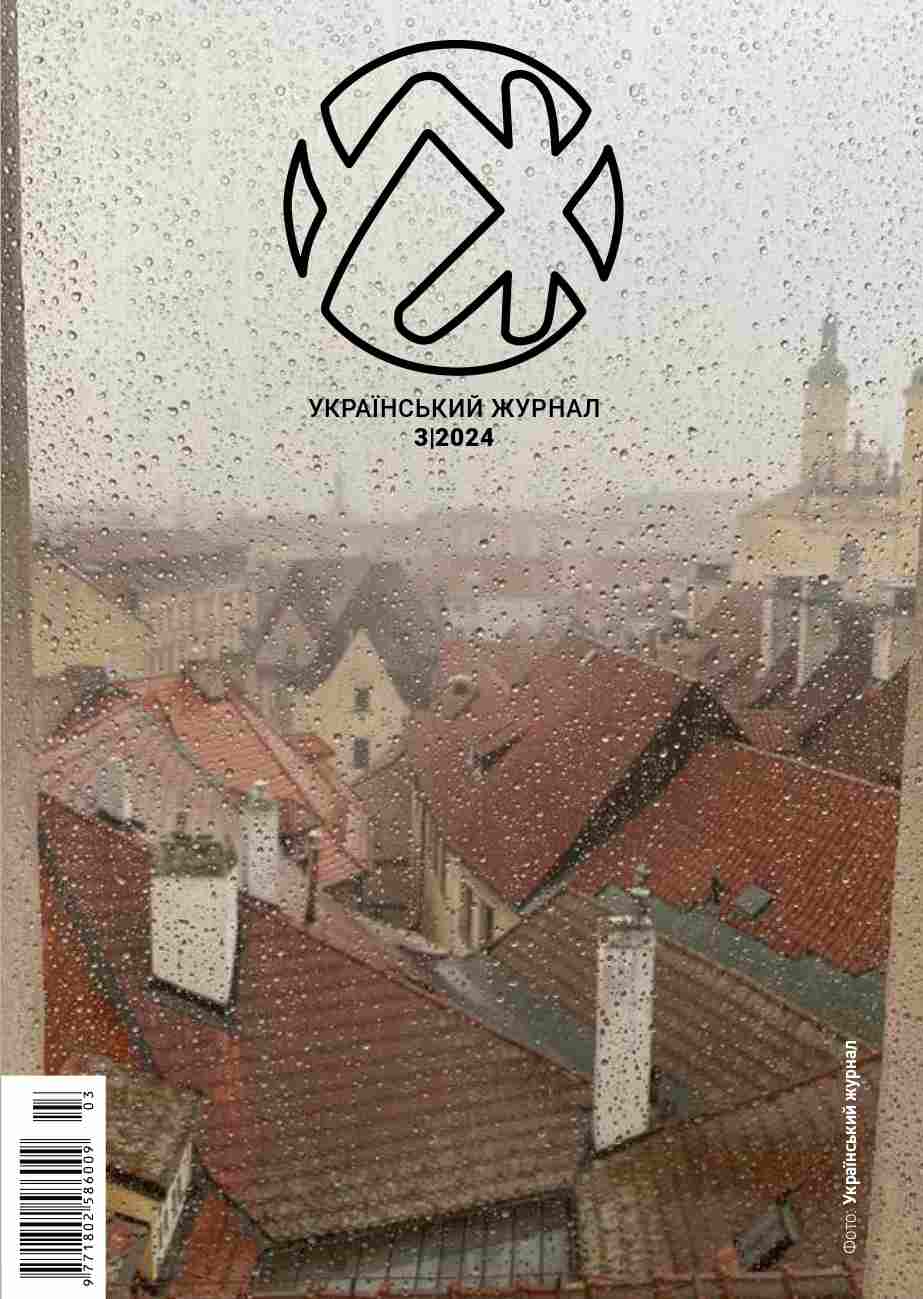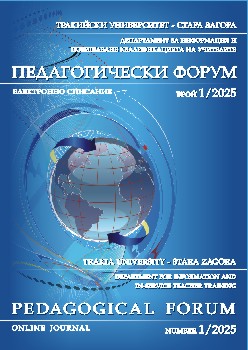ОБРАЗЫ «МЫ» И «ОНИ» В МАССМЕДИЙНОМ ДИСКУРСЕ РЕЛИГИОЗНОГО ЭКСТРЕМИЗМА В ТАТАРСТАНЕ
The article deals with the mass media discourse related to the terrorist attack occurred in summer 2012 in Kazan. The analysis of publications from the federal newspaper Rossiyskaya Gazeta and the regional newspaper Respublika Tatarstan made it possible to identify characteristic features of the images of “us” and “them” as well as similarities and differences in their representation. The ideological means used in the texts and contributing to the preservation or transformation of the relations of domination in the region are determined.
More...
